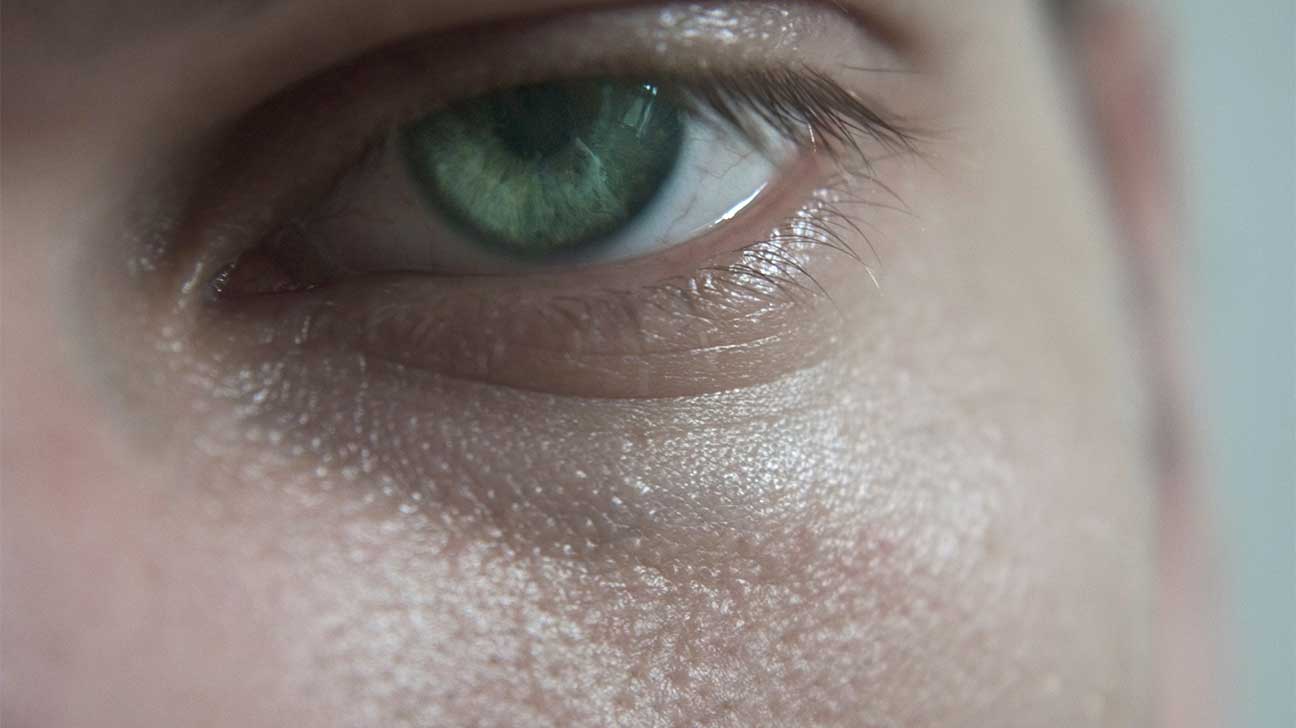
Heroin eyes is a term that describes the different appearances of the eyes of someone who is engaged in heroin abuse.
Heroin eyes can be a sign that someone is battling heroin addiction or that someone is overdosing on heroin.
Different Types Of Heroin Eyes
Heroin eyes have distinct looks. Each look can tell a slightly different story about the person and their relationship to the drug.
Red Eyes
Eyes that are red or bloodshot may be one kind of heroin eyes. Bloodshot eyes are generally a sign of a lack of sleep. This is especially true for the person involved in heroin use.
They may also be irritated from being dry and not having any tears, also a sign of heroin use. Bloodshot eyes can also be a sign of alcohol abuse.
Bags Under The Eyes
Heroin eyes may also have dark circles under them or what some people refer to as bags under the eyes.
This again can be a lack of sleep, especially for someone who has been involved in heroin addiction or the abuse of some other opiate over the long term.
Pinpoint Pupils
One of the most dangerous forms of heroin eyes is pinpoint pupils. When the pupils are constricted so that they look like pinpoints, it can be a sign of overdose.
During a heroin overdose, very little oxygen makes it to the brain causing a condition called hypoxia, which can have long-term and short-term effects on the central nervous system.
It is this lack of oxygen that causes the pupil size to shrink.
Drooping Eyes
Drooping eyes are often associated with intoxication or drug use, and such is the case with someone engaged in heroin abuse.
Drooping eyes often come with drowsiness which is one of the side effects of a heroin or opioid high. That drowsiness, if it is unresponsive, can also be a sign of heroin overdose.
Eye Infections
People who inject heroin intravenously are at risk for having eye infections, as well as a variety of other infections, such as hepatitis.
What Causes Heroin Eyes?
The causes of heroin eyes can vary depending on what symptoms of heroin use you are seeing.
In general, heroin eyes are caused by:
- lack of sleep due to heroin or other opioid use such as
- prescription hydrocodone
- a heroin high
- a heroin overdose
Can Heroin Cause Pupils To Dilate?
No, heroin does not cause your pupils to dilate.
Heroin is a depressant drug that attaches to the opioid receptors in your brain, causing a flood of dopamine to your system.
One of the side effects of heroin or opioid use is that it slows your respiratory system, causing a general lack of oxygen, especially when you are experiencing an opioid overdose.
This lack of oxygen causes your pupils to constrict, not dilate.
Stimulant drugs such as methamphetamine or other amphetamines increase heart rate, causing more oxygen to circulate through your blood vessels which results in pupil dilation.
Can Heroin Eyes Be Treated?
Yes, heroin eyes can be treated by treating heroin addiction or the addiction to prescription opioids or synthetic opioids such as fentanyl.
Even the effects on the eyes of a heroin overdose can be reversed by reversing the overdose. First responders typically use naloxone to reverse a heroin overdose.
Naloxone binds to the opioid receptors preventing heroin or other opioid drugs from doing the same.
Other phases of heroin treatment can include:
- medical detox and management of heroin withdrawal
- using therapy to discover the source of heroin opioid use
- treating the physical effects of heroin
- medication-assisted treatment (MAT) using methadone or other such medications
Other Signs Of Heroin Addiction
There are more signs of heroin addiction that you can watch for in a loved one or a family member.
Signs of heroin addiction can include:
- changes in mood and behavior
- poor performance in school or work
- weight loss
- eye movements that are slow to respond
- impairment of motor skills
Other Signs Of Heroin Overdose
Just as importantly, there are signs of a heroin overdose that you can watch for, especially in a loved one who you know is engaged in heroin abuse.
In addition to pinpoint pupils, signs of overdose can include:
- unresponsive eye movements
- slow heart rate
- slow breathing or difficulty breathing
- general unresponsiveness
Find Addiction Treatment Today
If you or a loved one are battling a substance use disorder involving heroin, help is available in the form of evidence-based treatment options.
Call us today to learn more about how we can guide you to the treatment center that fits your needs.
Article Sources- Anesthesiology
https://pubs.asahq.org/anesthesiology/article/121/5/1037/13907/Pupillary-Effects-of-High-dose-Opioid-Quantified - Indian Journal of Medical Research
https://www.ncbi.nlm.nih.gov/pmc/articles/PMC6886135/ - National Institute on Drug Abuse
https://nida.nih.gov/publications/drugfacts/heroin - Review of Optometry
https://www.reviewofoptometry.com/article/how-drug-abuse-affects-the-eye - Tennessee Department of Mental Health & Substance Abuse
https://www.tn.gov/behavioral-health/substance-abuse-services/treatment---recovery/treatment---recovery/prescription-for-success/warning-signs-of-drug-abuse.html


